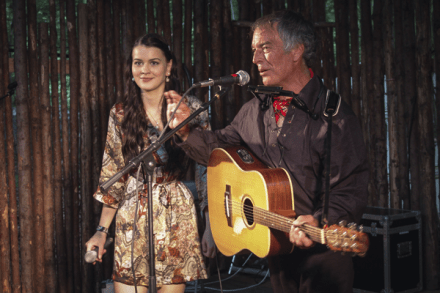Drummer Lee Rigby
Might I urge people to watch the following video? In recent days the press has inevitably focussed most attention on the perpetrators of the Woolwich attack. Here is a video from earlier today of the wife and step-father of Drummer Lee Rigby speaking about him and their love for him.




















